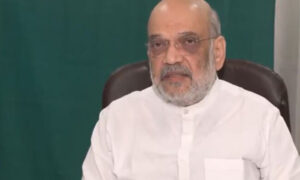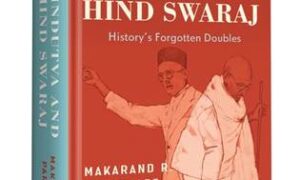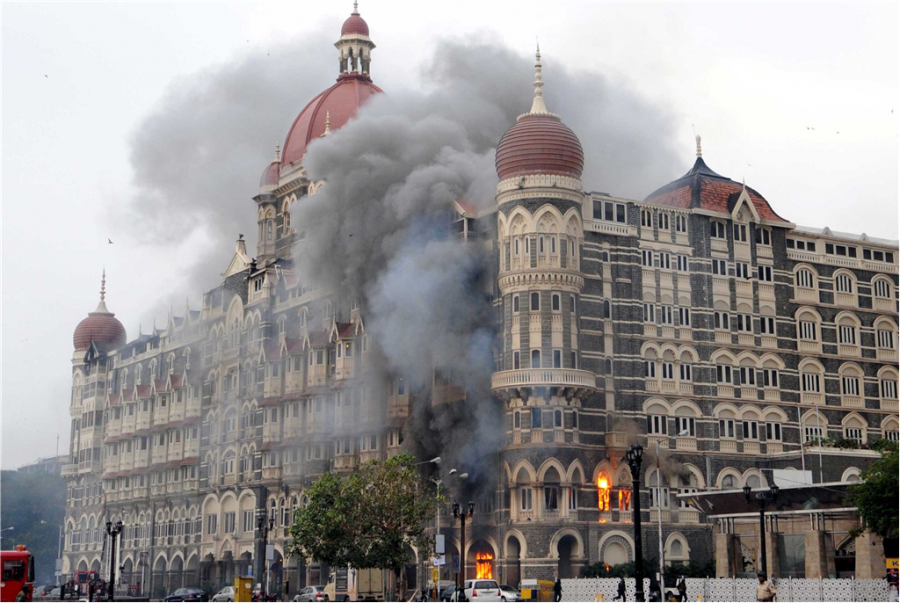
File Picture
When a news channel first identified the major killed at the Taj Mahal Palace and Tower Hotel in Mumbai, Dhanalakshmi Unnikrishnan was cooking in the kitchen of their home in Yelahanka, Bangalore. It was mid-morning on Friday, 28 November. The television was on, but she wasn’t paying attention. They had spoken to their son, Major
Sandeep Unnikrishnan, on the night of 26, not long after Maharashtra’s top antiterror policeman had been declared
dead in what appeared, even as early as the first night of the siege, to be one of the worst-ever terrorist attacks in the
country. Sandeep had spoken to them from the National Security Guard (NSG) hub in Manesar, Haryana, the home
base of the elite commando unit.
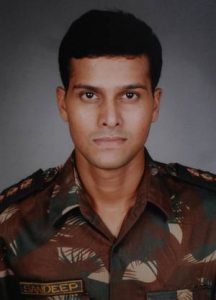
A stickler for rules surrounding sensitive operations, Sandeep had not mentioned that he would be leaving for Mumbai. He’d told his father, K. Unnikrishnan, that Maharashtra ATS chief Hemant Karkare had been killed. And so, the television remained on through 27 November. ‘We watched the news, and prayed for the operation to end soon, successfully,’ Dhanalakshmi says. There would be time to discuss it at length later, for Sandeep was to come home on holiday in mid-December. And this time he was going to teach her to ride, first a bicycle and then a scooter.
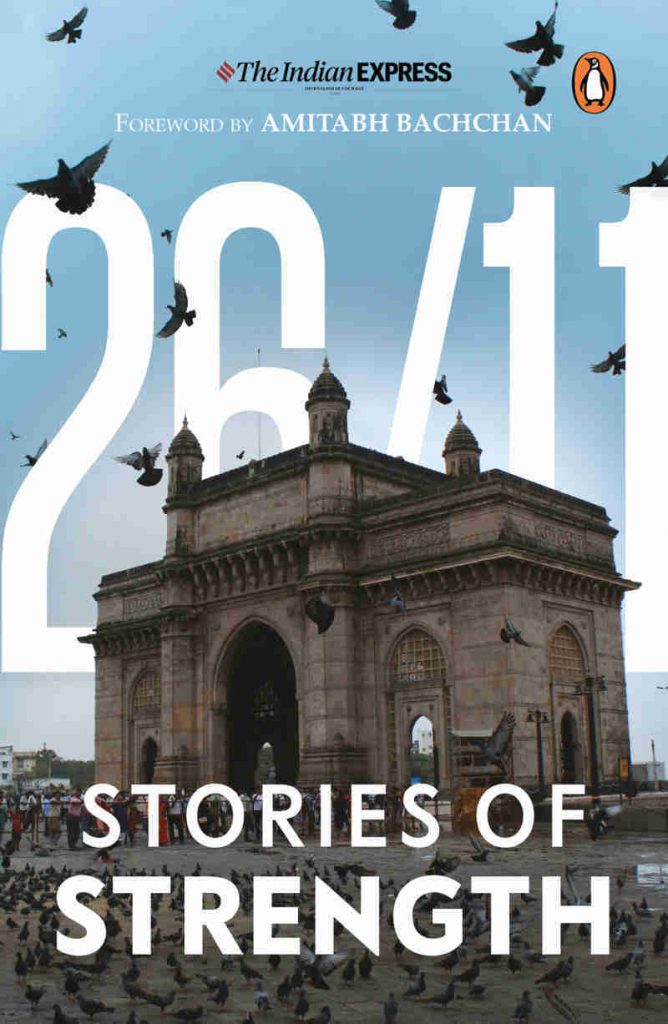
But when a news channel’s ticker flashed the slain officer’s name, Unnikrishnan was watching the television alone. Minutes later, the news was confirmed. ‘He came up behind me and put his hand on my shoulders. It felt as if his hand had no strength left in it; it just fell,’ the sixty six- year-old remembers.
He broke the news to her as gently as he could, his voice trembling, and she pounded him on the chest with both palms, furious. ‘I was screaming. How could he say such a thing about his son,’ she recounts. Then, food still on the stove, she ran out of the house, barefoot. She ran to the very end of their street, about 200 metres, before collapsing.
‘I wasn’t unconscious, not even for a second. In fact I couldn’t have been more conscious. My mind raced back, back and back.’ Almost presciently, Sandeep had joked with her on multiple occasions about dying young. ‘Once he’d told me there would be many boys and girls to look after me if he died.’ But her flashback took her farther that day, to every moment when she’d known that Sandeep was special in a way few others are. He was incredibly helpful, even as a child he was ready to take the rap for others. As a teenager, he was an unusually good leader, a pathfinder and problem-solver. It seemed almost logical that he’d died a hero.
Less than two months later, Dhanalakshmi accepted Sandeep’s Ashok Chakra, the country’s highest peacetime gallantry award. The citation reads: Major Sandeep Unnikrishnan led the commando operation launched on 27 November 2008 to flush out terrorists from Hotel Taj Mahal, Mumbai in which he rescued fourteen hostages. During the operation, his team came under intense hostile fire, in which one of his team members got grievously injured. Major Sandeep pinned down the terrorists with accurate fire and rescued the injured commando to safety. In the process, he was shot in his right arm. Despite his injuries, he continued to fight the terrorists till his last breath. Major Sandeep Unnikrishnan displayed most conspicuous bravery besides camaraderie and leadership of the highest order and made the supreme sacrifice for the nation.
In the early hours of their bereavement, Unnikrishnan, now seventy, and Dhanalakshmi appeared to be experiencing their shared agony in two distinct, only slightly intersecting spheres. Among the thousands visiting them to offer condolences were political leaders from across the region. At one point, the tired, grieving father had an emotional outburst, caught on camera at the gate of his house, amid an exchange of angry comments with a visiting politician. To those watching on millions of television screens across India, it seemed that a gentle, self-effacing man had suddenly been introduced to an unfamiliar part of himself. The mother seemed more and more fragile every day, disbelief and devastation giving way to a vacant exhaustion.
But within the week, by the early days of December 2008, they were a single, solid unit, undertaking an expedition of sorts to retrace Sandeep’s journey as far back as Frank Anthony Public School in Bangalore where he’d spent fourteen years, and as proximate as the tidy room he’d left behind at the NSG hub in Manesar when he set out on Operation Black Tornado.
They resolved to find out for themselves exactly where and under what precise circumstances Sandeep had become a martyr. And to comprehend how their son had come to be at the Palm Lounge of the Taj Mahal Palace hotel at that very moment, years of learning and living having apparently led him exactly there. The decision was made about three days after his death. The air thick with the unbearable agony of life ahead with no son, no nine-to-five job, nobody particularly needing them, the ageing couple talked quietly late into the night, discussing how, and whether, they would live without Sandeep. Unnikrishnan told his wife he’d support whatever decision she took.
‘We thought deeply. I told him Sandeep had done such a brave thing, we couldn’t be cowardly,’ Dhanalakshmi recounts. ‘Every minute and every second, for the rest of our lives, we will see Sandeep.’ And so it began, a journey with their son’s ashes in an urn. They would eventually go to Haridwar, where a bevy of priests broke down with them. But before they bid him goodbye, they took a long, tender look at the people and institutions that had helped frame his worldview, and at the scores of lives he had touched.
( Extracted from the book 26/11 Stories Of Strength by The Indian Express, Published by Penguin Random House and Presented by Facebook , Ten Years Of Grief And Pride by Kavitha Iyer, with Permission from Penguin Random House)


